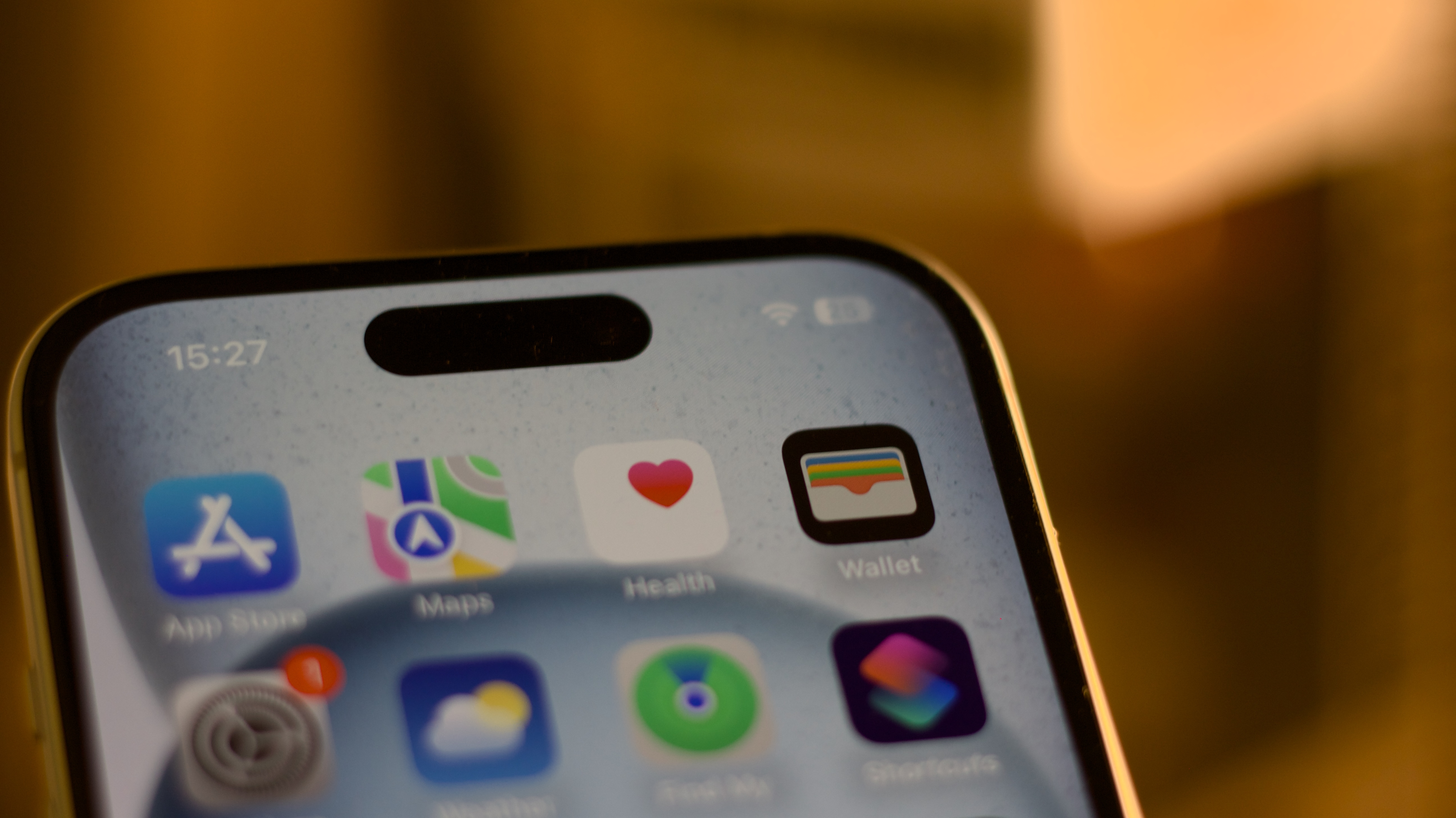
Apple has filed a letter with the U.S. District Court in New Jersey, indicating the company is planning to file a motion to dismiss the massive Department of Justice lawsuit leveled at the company earlier this year.
Apple was sued by the DOJ in a landmark step in March. The government claims that Apple “has gone from revolutionizing the smartphone market to stalling its advancement,” locking its customers in and its competitors out through a series of anticompetitive controls on iPhone and within its iOS software, measures colloquially dubbed its “walled garden.”
The DOJ wants to see changes to the way Apple treats cloud streaming apps, “super apps,” iMessage, third-party smartwatch compatibility, and digital wallets. However, Apple says that the complaint falls short in all the key areas required by law.
Apple fights back
In a letter filed May 21 by Apple’s counsel, representatives for Apple state the company “respectfully submits this letter to request a pre-motion conference prior to filing a motion to dismiss the Government’s complaint under Federal Rule of Civil Procedure.”
The letter says the DOJ case “lies well beyond the outer limits of antitrust law,” and that it falls short of the three tests found in Section 2 of the Sherman Act, the United States’ main antitrust legislation. Specifically, lawyers for Apple claim the complaint “does not allege anticompetitive conduct,” “does not allege substantial anticompetitive effects,” and “does not allege monopoly power in a relevant market.” In fact, Apple says the case proves the opposite.
“It is not plausible, for instance, that Apple’s policies surrounding the review of cloud-streaming apps, the display of mini-programs, or the features that smartwatches can access somehow have kept consumers “locked in” to the iPhone,” the letter states. “If anything, the opposite seems more plausible: Someone unhappy with Apple’s limitations has every incentive to switch to competitor platforms that ostensibly do not have those limitations.”
Apple says that “far from harming competition,” Apple’s alleged conduct, where it has chosen “to offer users a curated, secure, and reliable experience” are “examples of zealous competition on the merits that differentiate Apple’s products in the marketplace and enhance consumer choice.”
While Apple also claims that the government has failed to define the proper market for the products in question, its rebuttal to the lock-in argument seems broadly convincing. Apple rightfully notes that the DOJ’s case implies Apple’s products are somehow limited and undesirable compared to rival platforms, notably Android. Despite this, it also implies that customers with “every incentive to switch” to a platform without those limitations do not do so. While it's true that transferring data from an Android to an iPhone, and vice versa, can result in users losing access to certain products and features, Google’s own Android website claims “it’s easier than ever” to switch from iPhone to Android. “Your favorite apps, photos, chats and more stay with you. Use the same accessories, stay protected and find a phone that feels like you with Android.”







